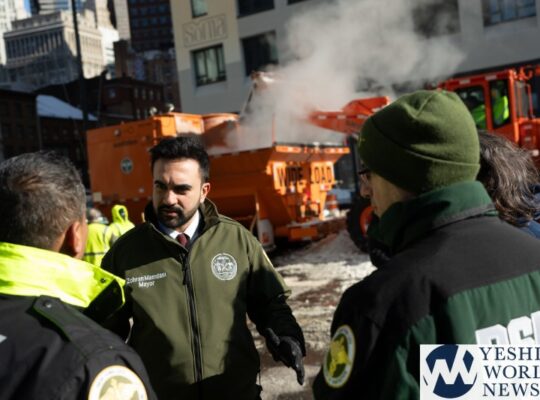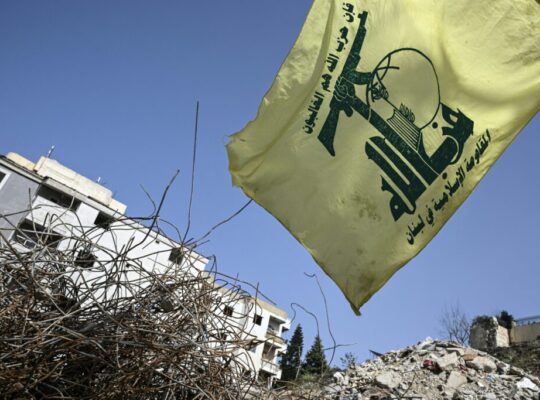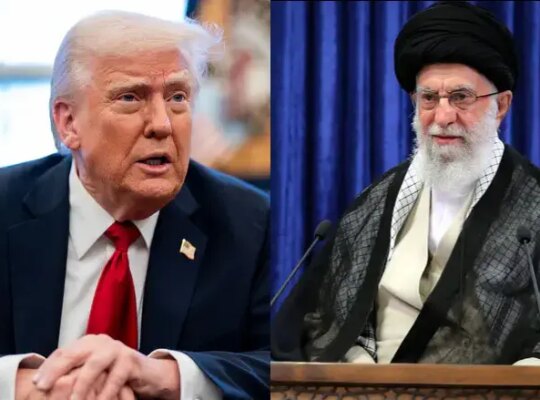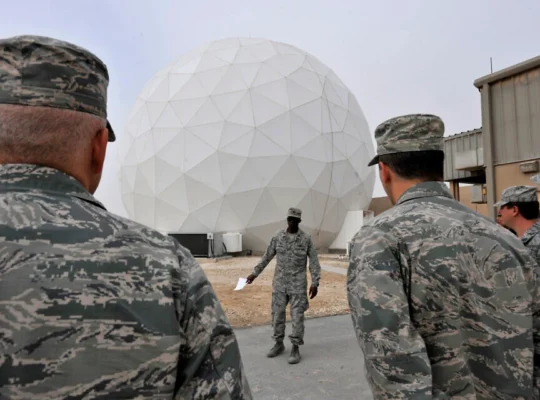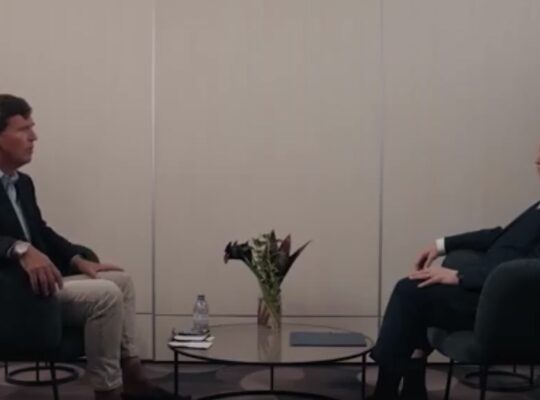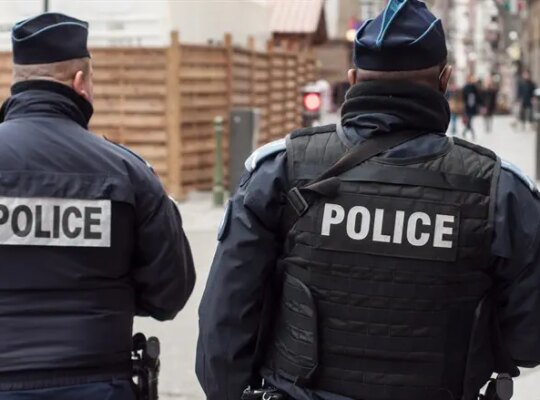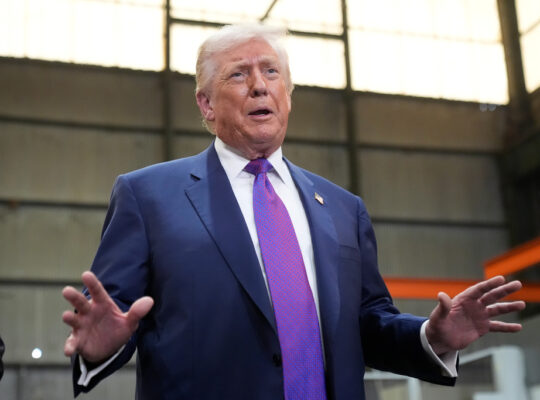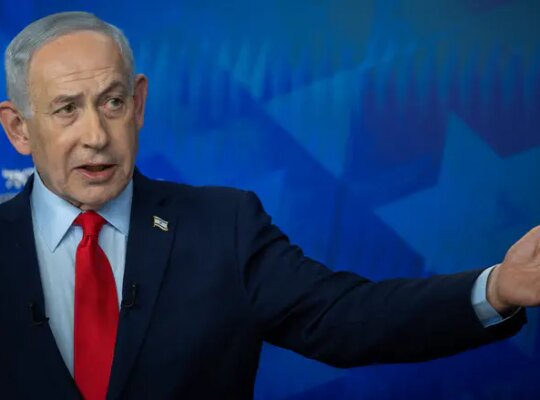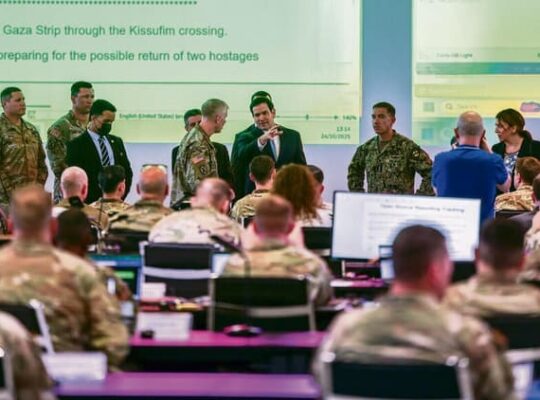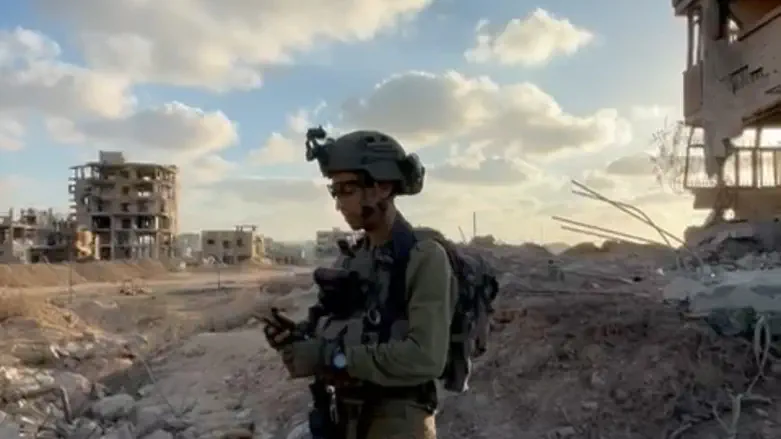
After months of fighting and just before the end of another tour of duty in the Gaza Strip, Eitan Nitzan, a reservist in the 8173 engineering battalion of Division 6 and a graduate of the Hesder yeshiva in Elon Moreh, experienced a personal and moving moment: he reached the exact spot where his brother, Gilad Nitzan, was killed in action.
“This really was divine assistance,” he says, “In the last week of the reserve duty, which ended just now, I managed to get right to the spot where Gilad fell, and to hold a small memorial there, with ten soldiers, to say Kaddish.” Kaddish is the traditional Jewish prayer of the bereaved.
Gilad Nitzan, the son of Yaakov and Yehudit Nitzan from Shiloh, was a soldier in the Givati reconnaissance unit and was killed in action in the Shati camp in November 2023. His brother Eitan, seven years his senior, was serving at that time in the reserves in Kiryat Shmona.
“When my brother Gilad fell, it was absolutely clear to me that I would return,” Eitan says, “Gilad began the operation with his other comrades, and unfortunately he could not finish. The mission is not the second in rank, but the first in rank. Returning to the battlefield was completing the mission that my brother left behind.”
During the battle in which Gilad fell, a team from his company went out to check suspicious figures near a fortified building where the soldiers were located. In a nearby house, a large terrorist force ambushed them and opened fire on the soldiers. Three of them were killed – company commander Yehuda Cohen, Yondav Raz Lewinstein, and Gilad. Several other soldiers were wounded.
Eitan shared that four days after the memorial he held at the site, he and his team demolished the house where the terrorists had hidden. “This is not revenge. This is the mission Gilad started. We continue it,” he emphasizes.
On the religious presence in the IDF and the sense of mission, Eitan says, “It is expressed first and foremost in manpower. My reserve company went through a process in which many volunteers and people with kippot on their heads reported for duty over and over, and this presence makes an impact. The difference between us and the other companies was that we understand the matter, and we want to be here. We came here to work, not jut to check off a list, because we must.”
He adds, “A very, very strong brotherhood was created among all the religious and non-religious soldiers. There is such unity and cohesion that what is shown outside does not apply. If you enter for a moment into the company, into the family we created for ourselves, everyone respects everyone, everyone loves everyone. Everyone is here for everyone, and if something happens to one of them, then everyone helps – a familial bond you cannot choose.”
Rabbi David Amitai, head of the Yeshivat Avinoam offshoot of Elon Moreh, said, “During Simchat Torah, the yeshiva emptied quickly as many staff and students were mobilized, most of them combat soldiers. Gilad Nitzan was the first to fall and became a symbol. After him, two more close friends from the same class fell. The yeshiva experienced the war through frequent mobilizations of students, scholars, and Rabbis to different fronts.”
The Rabbi added, “Despite all the difficulty, we felt great strengths. The young men took responsibility for themselves, out of a spirit of partnership and dedication, which is education for Zionism and sacrifice. Now, with the return of the students, we see that they have changed. We need to land on the ground as an entire country and see how to unite the people and bring them to a strong base. The message that leads us is from Jacob’s struggle with the angel: ‘I will not let you go unless you bless me.’ We are not prepared to part with this difficult event until we see growth and good things. Gilad and his friends were hardworking and special people.”
Elisaf Parshan, director of the Alon Moreh institutions, added, “The story of Gilad embodies self-sacrifice for the love of the land, love of Torah, and a deep connection to a life filled with sanctity that he absorbed at Yeshivat Avinoam in Evyatar and, of course, at home where he grew up. Our students in the Elon Moreh institutions are raised with these values. For these values we fight, and sadly, in the recent war, ten of our students and alumni fell; their deaths remind us daily of our role and why we fight.”
Source link



